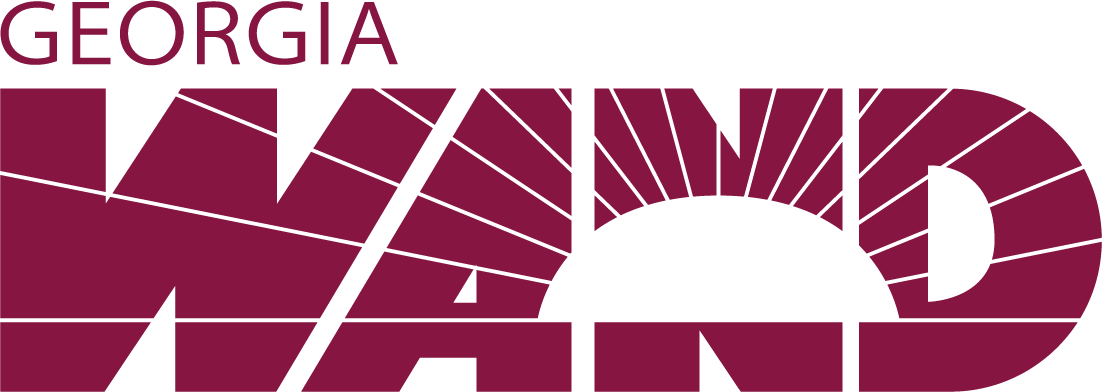

LAND
“There can be no justice on stolen land.”
The history of Georgia’s land is one of genocide, violence, and exploitation. As we work to build a sustainable and equitable Georgia, we must do so with the acknowledgement that the land on which we live and work rightfully belongs to the Muscogee, Shawnee, Choctaw, Creek and Cherokee nations. After Georgia territory was colonized and its native people were exterminated or pushed out, first by Spanish explorers and then by the British, the slave trade brought tens-of-thousands of enslaved Africans to work the land, growing cotton, rice and tobacco. Their unpaid labor made the United States one of the richest economies in the world, yet the land they worked would never belong to them.
This legacy of racism and disenfranchisement continues today, as many communities with high concentrations of Black, indigenous and people of color (BIPOC) have limited agency over land decisions that directly impact their health, economic opportunity, and enjoyment of life. Powerful energy and industrial companies poison the land, drive down the value of our property, and ruin the natural environment all in the name of profit and short-term gain.
The health of our land and the health of human beings are inextricably linked. Georgia WAND works to shift the balance and empower our frontline communities with the knowledge and resources they need to reclaim, restore and protect our land.
Learn More About Land Protection:
Federal Resources
Shortly after taking office, President Biden signed an Executive Order outlining his Administration’s strong commitment to secure environmental justice. This included setting a goal to conserve 30 percent of U.S. land by 2030 and established the Justice40 Initiative which returns 40 percent of relevant federal investments to disadvantaged frontline communities.
Did you know Georgia is home to 16 Superfund sites? At least 8 of these sites are still undergoing construction/environmental remediation. A Superfund site is designated by the Environmental Protection Agency as land that has been contaminated with hazardous waste and is a threat to human health and the environment.
Proximity to a Superfund site can lead to elevated levels of lead in children’s blood. Recent studies demonstrate that cleaning up these sites can lead to a decrease in blood levels by approximately 13-26%.
The Biden Administration’s proposed Bipartisan Infrastructure Framework includes funding to clean-up these poisonous sites and provide relief to affected communities.
Contact Georgia’s federal policymakers to let them know you support the Biden Administration’s climate efforts and the Green New Deal.
Use your zip code to find out your Representative’s contact information.
Georgia State Resources
Brownfields are properties, the expansion, development, or reuse of which may be complicated by the presence or potential presence of a hazardous substance, pollutant, or contaminant. They are similar to Superfund sites but their clean-up does not typically require federal intervention.
Georgia has thousands of Brownfield sites. To find out if one is near you, you can use the State’s Brownfield Public Listing.
Factory farming is big business for Georgia but this industry is notorious for dangerous working conditions and creating extensive environmental damage that presents public health risks. In addition, the jobs created by these farms are low-wage and mostly worked by Black, Indigenous or other People of Color (BIPOC).
The Animal Industry Division of the Georgia State Department of Agriculture is responsible for monitoring these farms and enforcing regulations, but past reports show a lack of enforcement.

In the midst of a global pandemic Georgia WAND has reached higher heights in our GOTV endeavors:
We hired canvassers and consultants to assist with this program to help with our work to bring about change. Though there have been many challenging occurrences, for most we have been able to reach for, and meet our goals in our We Count Program with the help of ProGeorgia and our Atlanta and Burke County staff.
We have continued to work diligently and effectively to engage our community and surrounding communities on the importance of voting and why it is important to make sure your voice is heard. Our efforts would not have been successful without the collective efforts of our donors, canvassers, foundations, staff, volunteers, partnering organizations, communities we serve and others!
Through our partnership with ProGeorgia and their phone banking support, we were able to have conversations with people across the state!


Help us lead the way
Defending People, Underserved communities, and our climate future together.
